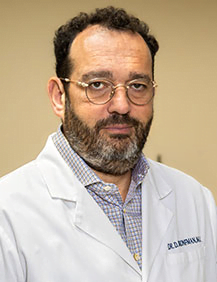The Only NYS Approved by
DOH Surgical Facility
*Same Day Appointments & Walk-Ins Welcome
The Only NYS Approved by
DOH Surgical Facility
*Same Day Appointments & Walk-Ins Welcome

Contraception is important if a couple does not intend to have a baby in the process of sexual intercourse, this is especially the case after a pregnancy abortion. Statistically, out of the 6.6 million pregnancies occurring annually in the US, 51% are unplanned. That’s an unnecessarily huge figure when one has the option of good contraceptive methods. Hence, experts recommend the use of contraceptives immediately after a pregnancy abortion, whatever may be the method of abortion. Although, the actual menstrual cycle may take some time to restart, fertility usually returns within 8-10 days after a pregnancy abortion. Besides, as abortion involves little or no complications so sexual activity can be resumed immediately. As a result, a woman has a higher chance of getting pregnant again. Hence, the need for contraception.
Every woman should be educated about the different methods of contraception, so she can take an informed decision about the most suitable contraceptive for her. To avoid uncalled for stress to both your body and mind from an unplanned pregnancy or even a planned pregnancy that comes too soon after a pregnancy abortion, understanding of the varied methods of contraception is necessary.
Usually, you can use any type of contraception after an abortion, unless your doctor for some specific reason has advised you otherwise. Here’s a list of the options available to you.
Thus, family planning and birth control methods form a very important aspect of post abortion care and should always be discussed between patient and doctor. With the right precautions, most types of contraception can be used as soon as possible after the termination of pregnancy or usually after the first regular menstrual cycle. Hence, discuss the various techniques of contraception and the most suitable method for you with your healthcare provider.

Dmitry Bronfman, MD, is a board-certified gynecologist who specializes in all aspects of contemporary women’s health, preventive medicine, pelvic pain, minimally invasive and robotic surgery, and general, adolescent, and menopausal gynecology.
Brooklyn Abortion Clinic